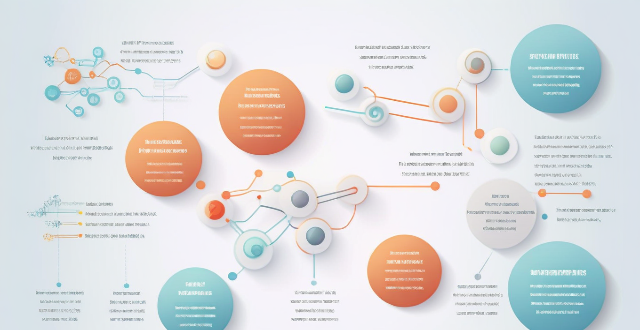The development of advanced artificial intelligence (AI) systems raises numerous ethical concerns, including privacy violations, bias and discrimination, autonomy and control issues, job displacement, and philosophical questions about consciousness and humanity. Addressing these challenges requires establishing legal frameworks, promoting diversity in data sets, maintaining human oversight, investing in workforce retraining, and engaging in cross-disciplinary dialogue to create robust ethical guidelines for AI technology.

Ethical Concerns in the Development of Advanced AI Systems
As we venture further into the realm of advanced artificial intelligence (AI) systems, a plethora of ethical concerns arise. These issues touch upon various aspects of human life and society, including privacy, security, employment, and even philosophical questions about the nature of consciousness and autonomy. Let's delve into these concerns with a focus on English language nuances and structural clarity.
Privacy and Surveillance
One of the primary ethical worries associated with advanced AI systems is the potential for increased surveillance and violation of personal privacy. As AI algorithms become more sophisticated, they can analyze vast amounts of data to predict behavior, preferences, and even personal information that individuals may not want disclosed. This capability raises critical questions:
- Should there be limits on data collection and analysis by AI systems?
- How can we ensure that AI is used responsibly without infringing upon individual liberties?
Key Points:
- Informed Consent: Ensuring that individuals are fully aware of how their data will be used.
- Data Protection Laws: Strengthening regulations to safeguard personal information.
- Transparency: Requiring clear explanations of AI decision-making processes.
Bias and Discrimination
Another significant ethical challenge is the potential for AI systems to perpetuate or even amplify existing biases and discrimination. If an AI system is trained on biased data, it may unintentionally replicate those biases in its decisions. This issue is particularly sensitive in areas like hiring, lending, and criminal justice.
- How can we prevent AI from discriminating against certain groups?
- What measures should be taken to ensure fairness in AI algorithms?
Key Points:
- Diverse Data Sets: Using diverse datasets to reduce the chance of bias.
- Auditing Algorithms: Regularly checking AI systems for discriminatory patterns.
- Ethical Guidelines: Developing and enforcing ethical standards for AI development.
Autonomy and Control
As AI systems become more autonomous, concerns about control and accountability come to the forefront. Who is responsible when an AI system makes a mistake or causes harm? The complexity of AI decision-making processes can make it difficult to assign blame.
- Who is liable when an AI system acts independently?
- How do we maintain human control over increasingly autonomous AI?
Key Points:
- Legal Frameworks: Establishing legal frameworks for AI accountability.
- Human Oversight: Ensuring that humans retain ultimate control over critical decisions.
- Ethics Boards: Forming ethics boards to oversee AI development and use.
Job Displacement
The rise of advanced AI systems also brings concerns about job displacement. As machines become capable of performing tasks traditionally done by humans, there is potential for widespread unemployment in certain sectors.
- How will society adapt to job displacement caused by AI?
- What strategies can mitigate negative economic impacts of automation?
Key Points:
- Retraining Workforce: Investing in retraining programs for affected workers.
- Social Safety Nets: Strengthening social safety nets to support displaced workers.
- Economic Policies: Developing economic policies that balance innovation with worker protection.
Philosophical Questions
Finally, the development of advanced AI raises profound philosophical questions about consciousness, free will, and the nature of humanity itself. As machines become more intelligent and perhaps even conscious, these questions take on new urgency.
- Does advanced AI have rights or personhood?
- How do we define humanity in the age of intelligent machines?
Key Points:
- Ethical Debates: Engaging in philosophical debates about the nature of AI and humanity.
- Legal Definitions: Revisiting legal definitions of personhood and consciousness.
- Cross-disciplinary Approaches: Fostering dialogue between technologists, philosophers, and legal experts.
In conclusion, the development of advanced AI systems presents a complex array of ethical concerns that require thoughtful consideration and proactive measures. Addressing these challenges will necessitate collaboration across disciplines and the creation of robust ethical frameworks to guide the future of AI technology.